Theresa May 'bans Apple Watch from UK cabinet meetings'
Does the PM see smartwatches as a cybersecurity threat?
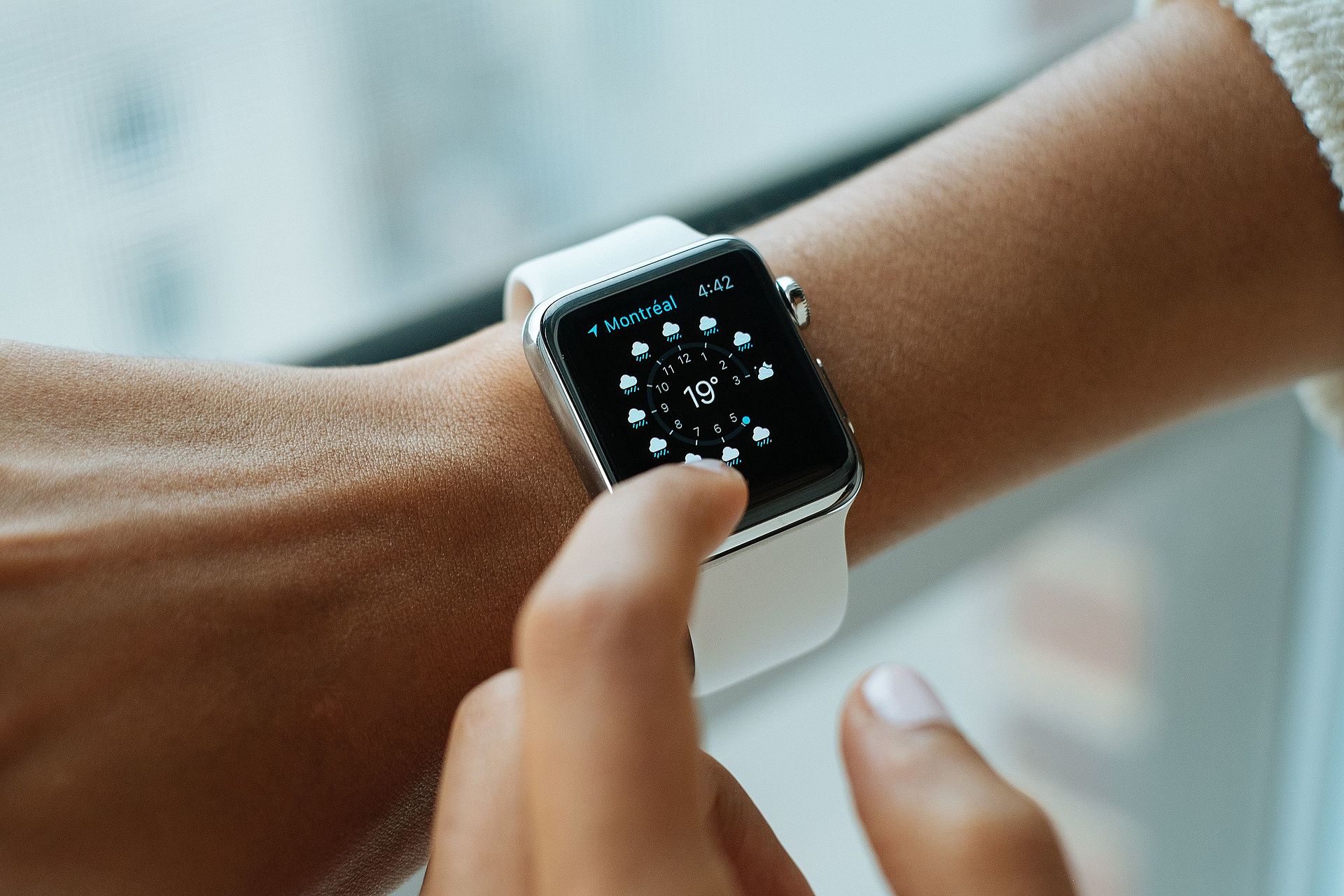
The UK's new Prime Minister, Theresa May, appears to have banned smartwatches from official cabinet meetings, on the grounds that foreign governments could hack them and listen in on political conversations.
"The Russians are trying to hack everything," an anonymous inside source told the Telegraph, which broke the story.
IT Pro contacted Number 10's press office, which declined to comment.
Smartwatches like the Apple Watch were allowed in David Cameron's cabinet meetings during his tenure as PM, and caused hilarity last year, when Michael Gove accidentally pressed play on a Beyonc track.
However, they now join the list of electronic gadgets banned from cabinet use, which also includes smartphones and tablets, banned in late 2013.
The worldwide political climate has become tenser in regards to cyber security, following several incidents attributed to nation state hackers.
A leak of 19,000 emails from the Democratic National Committee (DNC) and Democratic Congressional Campaign Committee (DCCC) occurred in July, which Homeland Security today blamed on Russia.
Get the ITPro daily newsletter
Sign up today and you will receive a free copy of our Future Focus 2025 report - the leading guidance on AI, cybersecurity and other IT challenges as per 700+ senior executives
Last year, the German government accused the NSA and GCHQ of spying on Angela Merkel and other German officials through the use of malware called Regin. This malware, which was said to be one of the most advanced malicious software ever exposed, was found on the laptop of one of Germany's high-ranked leaders.
Smartwatches have also been banned in Australian cabinet meetings, after Alastair MacGibbon, Australian Prime Minister Malcolm Turnbull's cyber advisor, said as they could be a potential risk to national security.
-
 Cleo attack victim list grows as Hertz confirms customer data stolen
Cleo attack victim list grows as Hertz confirms customer data stolenNews Hertz has confirmed it suffered a data breach as a result of the Cleo zero-day vulnerability in late 2024, with the car rental giant warning that customer data was stolen.
By Ross Kelly
-
 Lateral moves in tech: Why leaders should support employee mobility
Lateral moves in tech: Why leaders should support employee mobilityIn-depth Encouraging staff to switch roles can have long-term benefits for skills in the tech sector
By Keri Allan
-
 2022 Public Sector Identity Index Report
2022 Public Sector Identity Index ReportWhitepaper UK Report
By ITPro
-
 UK, US condemn Iran for ‘unprecedented’ cyber attack against Albania
UK, US condemn Iran for ‘unprecedented’ cyber attack against AlbaniaNews The Balkan nation has cut ties with Iran following the hack, which took down national infrastructure and exposed government information
By Rory Bathgate
-
 Majority of UK's top business leaders are failing to manage supply chain security risks
Majority of UK's top business leaders are failing to manage supply chain security risksNews New findings from a DCMS review have sparked concern in government which could see new laws introduced to protect Britain's digital supply chains
By Connor Jones
-
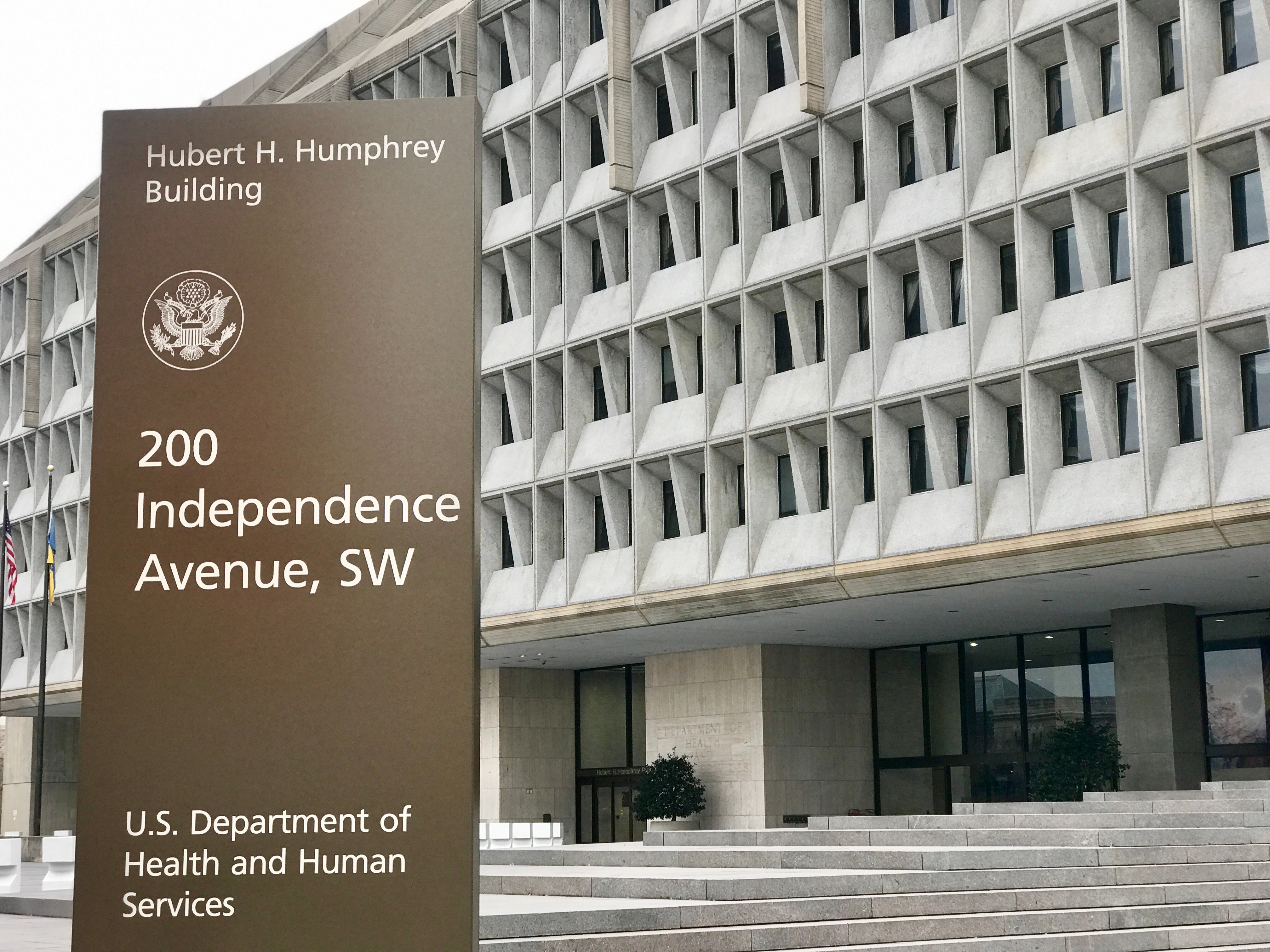 Department of Health and Human Services must improve cyber security info sharing
Department of Health and Human Services must improve cyber security info sharingNews GAO report finds HHS has made progress, but better coordination would increase health care security
By Rene Millman
-
 NHS gets £21m to boost cyber defences after WannaCry ransomware
NHS gets £21m to boost cyber defences after WannaCry ransomwareNews Government funding comes hand-in-hand with stricter data security measures
By Joe Curtis
-
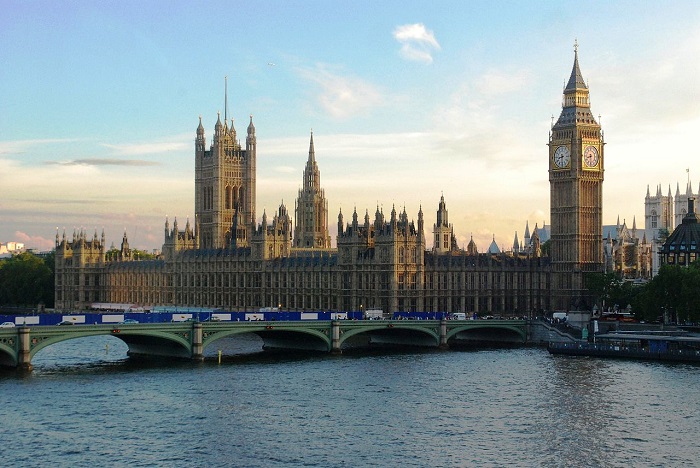 Queen's Speech: IT industry reacts to tech pledges
Queen's Speech: IT industry reacts to tech pledgesNews Firms address the Tories' data protection and digital charter aims
By Joe Curtis
-
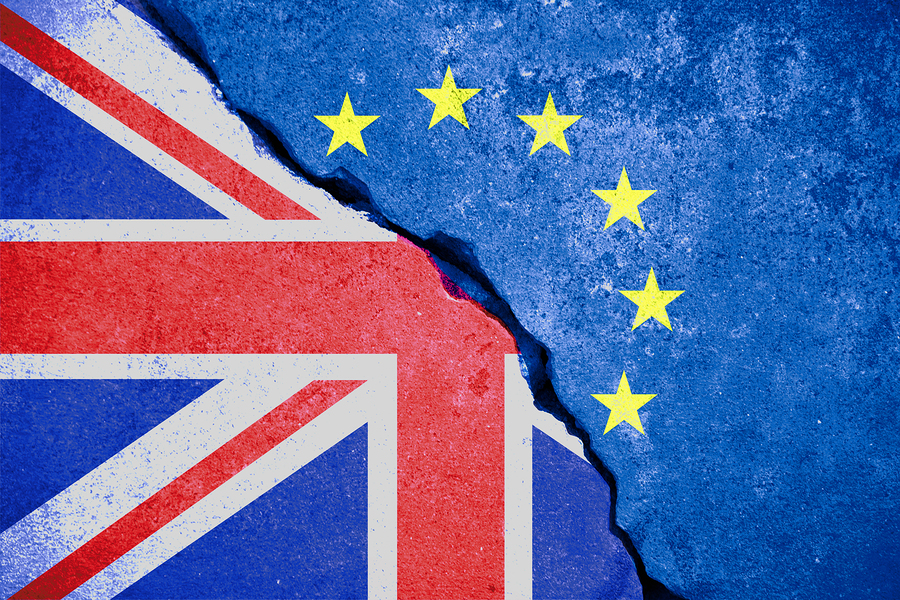 Foreign state DDoS attack 'may have crashed Brexit voting site'
Foreign state DDoS attack 'may have crashed Brexit voting site'News Committee warns against cyber interference in aftermath of EU referendum vote
By Joe Curtis
-
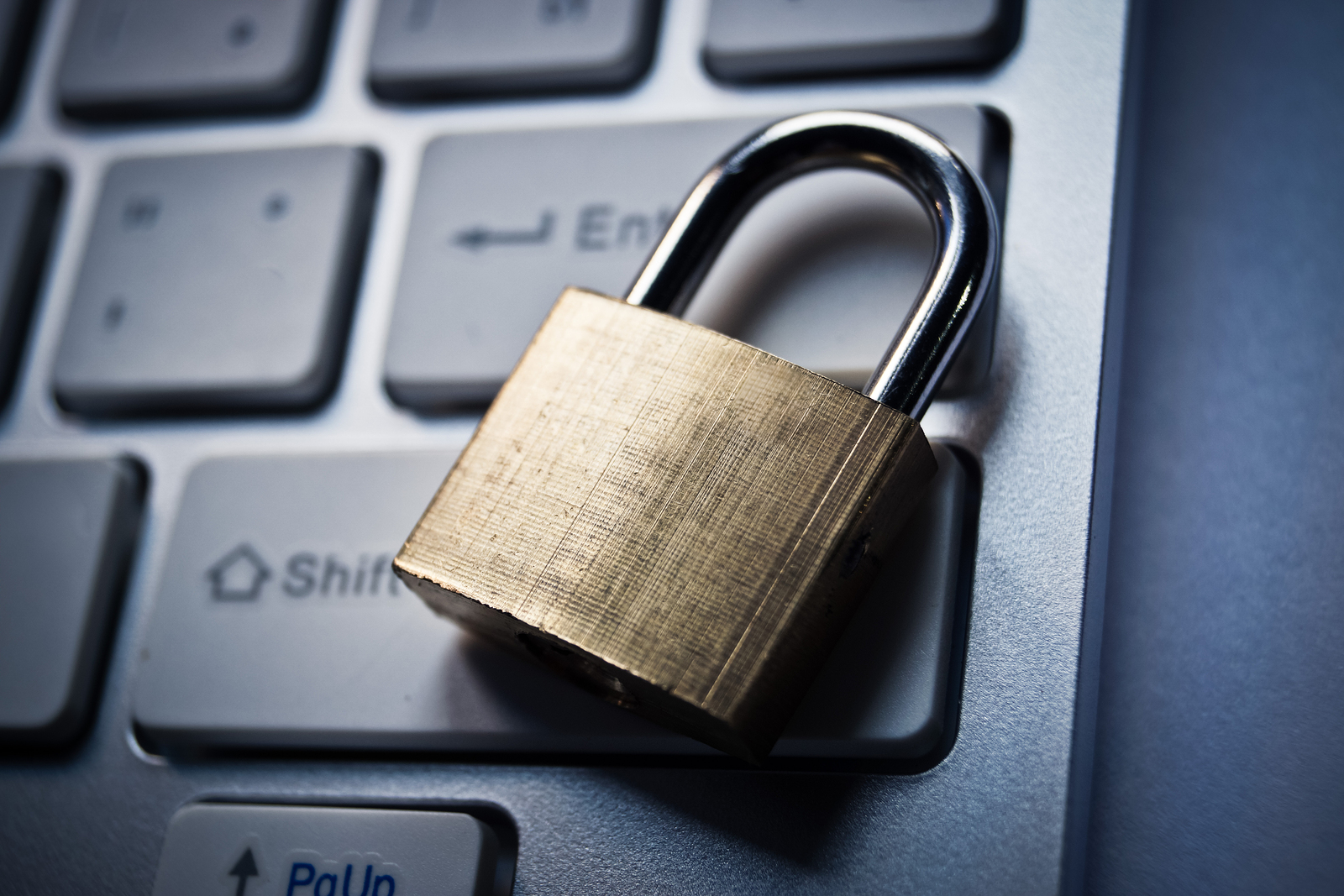 The government needs to abandon its war on WhatsApp
The government needs to abandon its war on WhatsAppOpinion Encryption might seem like an easy target, but mess with it at your peril
By Adam Shepherd